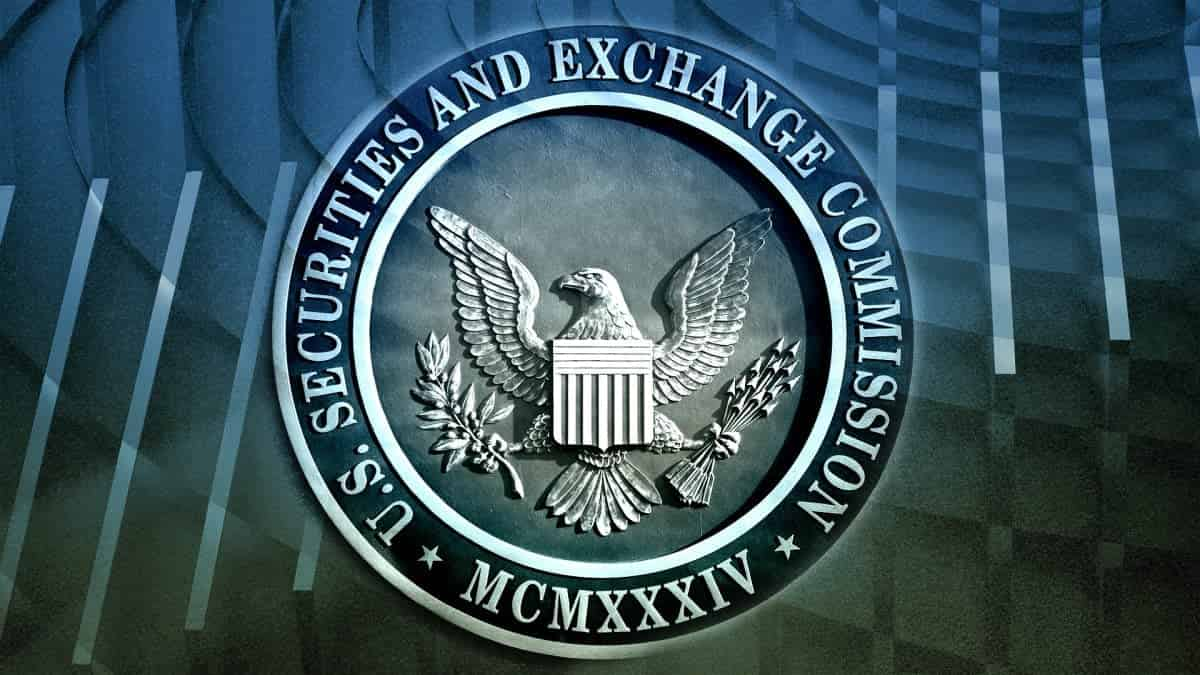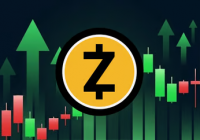SEC Commissioner Caroline Crenshaw's disapproval of agency's stablecoin claim could complicate legislative efforts: TD Cowen
Quick Take A divide in opinion over stablecoins between SEC Commissioner Caroline Crenshaw and the SEC could be “another roadblock” for stablecoin legislation, according to a note from TD Cowen. Over the past few weeks, committees in the House and Senate have advanced bills to regulate that set parameters around reserve requirements, among other standards for stablecoin issuers.

A Democratic commissioner's disapproval of the Securities and Exchange Commission's statement that stablecoins are not securities could pose a challenge to lawmakers looking to pass stablecoin legislation, according to investment bank TD Cowen.
In a statement last week titled "'Stable' Coins or Risky Business?,'" SEC Commissioner Caroline Crenshaw blasted her colleagues' assertion that stablecoins are not securities. That divide between Crenshaw and the SEC could be "another roadblock" for stablecoin legislation, TD Cowen's Washington Research Group, led by Jaret Seiberg, said in a note on Monday.
"We still see it passing, but nothing is assured. And this fight seems poorly timed to us," Seiberg said.
Ahead of the weekend, the SEC published a statement taking the position that stablecoins, backed by reserves and easily redeemable, were not securities. Crenshaw, the sole Democrat on the agency's commission, pushed back and said the agency "drastically understates its risks."
Stablecoins are available to retail investors only through an intermediary, and that intermediary does not have to "redeem a coin for $1 and will instead pay the holder the market price," Crenshaw said.
"These legal and factual flaws in the staff’s statement do a real disservice to USD-stablecoin holders, and, given the central role of stablecoins in the crypto markets, to crypto investors more generally," Crewshaw added.
The SEC's statement comes as lawmakers are working swiftly on bills to regulate stablecoins. Over the past few weeks, committees in the House and Senate have advanced bills to regulate that set parameters around reserve requirements, among other standards for stablecoin issuers. Both versions are slightly different and would need to come to a consensus before going to President Donald Trump's desk to sign.
Some Democrats, including top Democrat of the House Financial Services Committee Maxine Waters, D-Calif., have raised concerns over Trump's involvement in crypto and others warning that the bills would allow companies and their executives, such as Tesla CEO and presidential advisor Elon Musk, to issue their own stablecoins.
A bill cannot pass the Senate without Democratic support, Seiberg said.
"With Congress so close to acting, it makes no sense for the SEC to issue guidance," Seiberg said.
Disclaimer: The content of this article solely reflects the author's opinion and does not represent the platform in any capacity. This article is not intended to serve as a reference for making investment decisions.
You may also like
The U.S. "national team" turns on itself: The perfect scam of swallowing 127,000 bitcoins

ZK Roadmap "Dawn": Is the roadmap to Ethereum's endgame accelerating across the board?
ZKsync has become a representative project of the Ethereum ZK track and has shown outstanding performance in the RWA sector, with on-chain asset issuance second only to the Ethereum mainnet. Its technological advancements include a high-performance sequencer and privacy chain architecture, accelerating Ethereum's transition into the ZK era. Summary generated by Mars AI. The accuracy and completeness of this summary's content, generated by the Mars AI model, are still in the iterative update stage.

20x in 3 months, is the ZEC $10,000 prophecy coming true?


